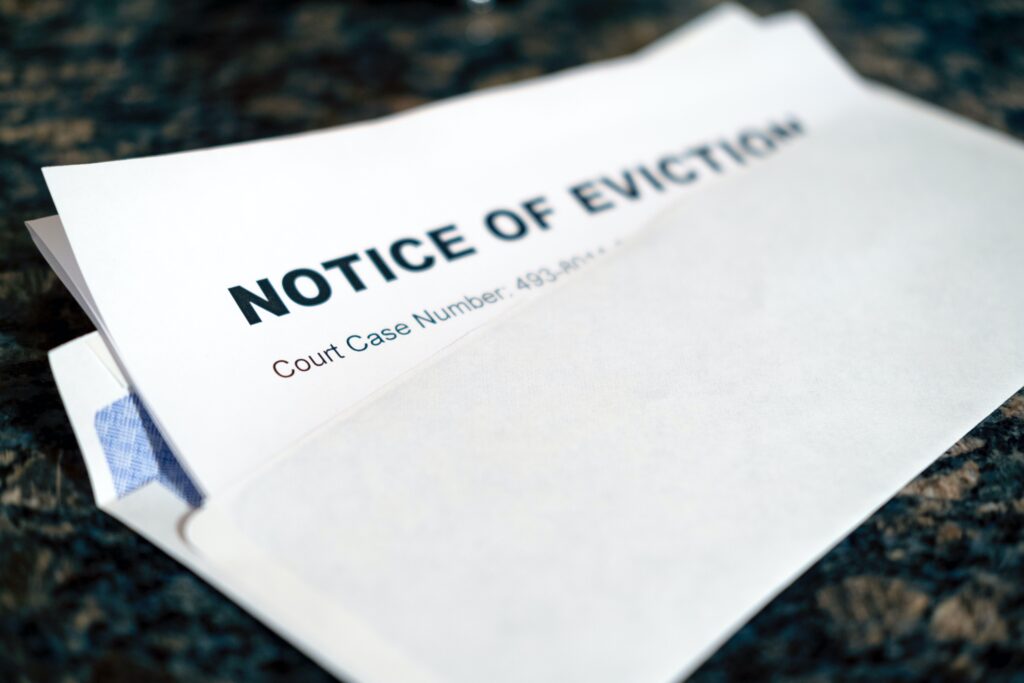The short answer is: it already has.
The Renters’ Rights Bill received Royal Assent at 7:40pm on 27 October 2025, which means it is now the Renters’ Rights Act 2025 and part of UK law. The Act delivers sweeping reforms for England’s 11 million private renters, most notably ending Section 21 “no-fault” evictions.
What happens next is about commencement.
Ministers have confirmed that a detailed timetable setting out when each part of the Act takes effect (i.e. becomes enforceable) will be delivered. Not everything has changed yet. Expect a staged rollout, with certain parts of the Act becoming enforceable before others.
Some measures are already moving. Awaab’s Law—time-limited repair duties for health and safety hazards—came into force immediately for social landlords in England, with the government signalling further regulations to extend similar protections into the private rented sector in due course.
In summary: the Bill became law on 27 October 2025; the ban on Section 21 and other reforms are real but will phase in as the commencement regulations land.
Keep an eye on the government’s implementation schedule and sector guidance over the coming weeks if you’re advising landlords or tenants on practical next steps.
The End of Section 21: What It Really Means
Section 21 let landlords end tenancies without giving a reason – usually with two months’ notice. That easy option is vanishing for good.
Under the Renters’ Rights Bill:
- All new tenancies after commencement will follow the new rules: no fixed terms, no Section 21.
- Existing tenancies shift to periodic ones about a year later, likely mid-to-late 2026.
- After that, Section 8 becomes the sole way to reclaim possession.
This isn’t mere paperwork shuffle.
It’s a real power shift – tenants won’t face random eviction, but landlords can still step in when needed, though it’ll take more proof.
Understanding the New Eviction Path: Section 8 Grounds
Without Section 21, landlords turn to Section 8 – proving a solid reason for possession. The reforms beef up Section 8 and introduce fresh grounds.
Mandatory Grounds (Court must grant possession if proven):
- Selling the property – Must prove genuine intent and not re-let for a set period (recent amendments shortened this from 3 months in some cases; check latest at https://hansard.parliament.uk/Lords/2025-07-15/debates/2932690F-2DA6-49B8-80C1-6D17CDE9BCE0/Renters%25E2%2580%2599RightsBill).
- Landlord or family moving in – Now covers more relatives.
- Repeated serious rent arrears – Even if paid off later.
- Current arrears – If two months or more owed at court.
- Anti-social behaviour – Can act fast, with a wider definition.
Discretionary Grounds (Court weighs the evidence):
- Persistent late rent.
- Breach of tenancy terms.
- Needs for renovation or redevelopment.
- Tenant’s death without a successor.
Courts will get digital upgrades, quicker hearings, and fee caps to stop abuse.
Major Wins for Tenants: Repairs, Pets & Staying Put
The reforms go beyond ditching Section 21 – they lift standards and protections across the board.
Security of Tenure
Tenants can now remain indefinitely unless the landlord proves a Section 8 ground. No more automatic ends to six- or 12-month deals.
Pet Protections
You can ask for a pet, and landlords can only say no for good reasons (like lease bans). Expect to sort pet insurance, and possibly that extra deposit as per the new amendment.
Repairs and Home Standards
The Decent Homes Standard hits all private lets. Paired with Awaab’s Law, tenants get quicker fixes for:
- Damp and mould.
- Broken heating.
- Safety risks.
Complaints go to the free Private Renters’ Ombudsman, with decisions that stick.
Rent Increase Rules: Transparent and Fairer for All
One worry for tenants is runaway rents. The bill tightens this up.
Landlords can only hike rent once a year, via Section 13 notice – giving a month’s heads-up.
You can challenge unfair jumps at tribunal, which caps at market rate.
No more bidding wars: Landlords can’t ask for above-advertised rent.
Pro tip: If you’re a landlord, document market evidence for increases. Tenants, use tools like Zoopla to check fair rates in your area.
Landlord Impacts: Compliance, Costs & Staying in the Game
Let’s be straight – this bill tips the scales towards tenants, but landlords aren’t out in the cold.
What You Must Do Now
- Register on the new Private Rented Sector Database (coming soon).
- Meet the Decent Homes Standard – fix hazards pronto.
- Update tenancy agreements for periodic terms.
- Budget for potential tribunal fees if evicting.
Potential Challenges
Court backlogs could drag on Section 8 cases – though reforms aim to speed them up.
Higher compliance might nudge up costs, but good landlords should sail through.
Opportunities Ahead
Focus on long-term tenants for steady income. Quality properties will attract the best renters.
If selling appeals, we at Property Rescue buy rental homes fast, even with tenants in situ. Get a free cash offer here.
FAQs: Quick Answers to Common Questions
When Do Changes Apply to Existing Tenancies?
New lets from commencement (likely October 2025–January 2026). Existing ones transition a year on.
Can I Still Use Company Lets to Avoid This?
Yes, but only true company tenancies – other duties like repairs apply.
What About Deposits?
Portable deposits mean no double-dipping when moving. Held centrally, adjusted as needed.
Can I Finish a Section 21 Eviction Started Before the Ban?
Only if the order’s granted pre-transition. Otherwise, restart under Section 8.
Do HMOs Get Special Treatment?
Yes, a new Section 8 ground for student lets aligns with academic cycles.
Can Landlords Still Evict for Personal Reasons?
Yes, but with proof – like family needs or selling.
Will I Lose Control Over My Property?
You keep setting rent, picking tenants, and evicting for valid reasons – just not without cause.
Final Thoughts: A Fairer Rental Market Awaits
The Renters’ Rights Bill fixes a broken system, boosting tenant security while keeping landlord rights intact for fair play.
Whether you rent or let, prep now – the changes are coming fast.
For more on UK housing laws, check the Government’s guide: https://www.gov.uk/government/publications/guide-to-the-renters-rights-bill.
If you’re a landlord eyeing an exit, chat to us at Property Rescue. We’ve got years in the game and can help smooth the shift.








